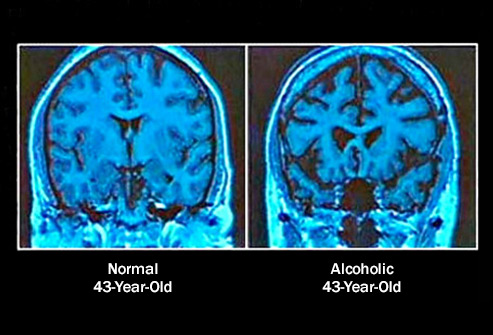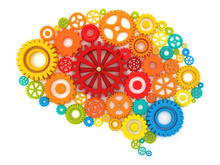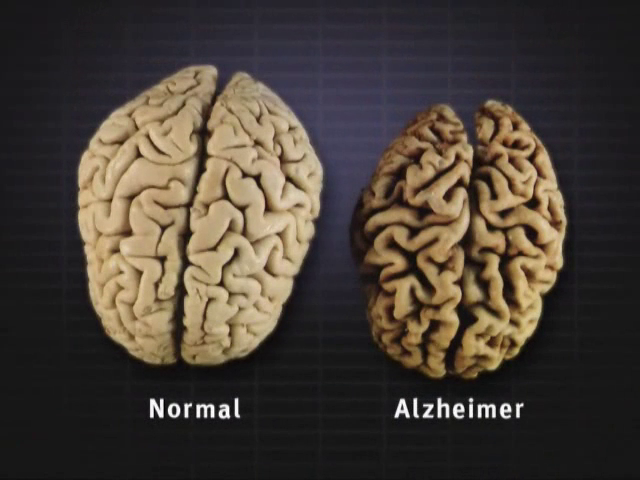New research conducted at OHSU in Portland, Oregon, identifies a gene that could provide a new target for developing medication to prevent and treat alcoholism. Scientists at the Oregon National Primate Research Center at OHSU discovered a gene that had lower expression in the brains of nonhuman primates that voluntarily consumed heavy amounts of alcohol compared with those that drank less. Furthermore, the research team unraveled a link between alcohol and how it modulates the levels of activity of this particular gene. Researchers discovered that when they increased the levels…
Read MoreCategory: Brain
Oral contraceptives could impair women’s recognition of complex emotions
The pill could be blurring your social judgement — but perhaps not enough so you’d notice. By challenging women to identify complex emotional expressions like pride or contempt, rather than basic ones like happiness or fear, scientists have revealed subtle changes in emotion recognition associated with oral contraceptive pill (OCP) use. Published in Frontiers in Neuroscience, their study found that OCP users were nearly 10% worse on average than non-users in deciphering the most enigmatic emotional expressions, raising questions over the possible impact of OCPs on social interactions in intimate relationships.…
Read MoreIdentifying brain’s preparation for action
Neuroscientists at Bangor University (Wales, UK) and University College London (UCL) have for the first time, identified the processes which occur in our brains milliseconds before we undertake a series of movements, crucial for speech, handwriting, sports or playing a musical instrument. They have done so by measuring tiny magnetic fields outside the participants’ head and identifying unique patterns making up each sequence before it is executed. They identified differences between neural patterns which lead to a more skilled as opposed to a more error-prone execution. The research, funded by…
Read MoreBiggest ever map of human Alzheimer’s brain
A study of the differences between healthy brains and those with Alzheimer’s Disease has produced largest dataset of its type ever. And the data, developed by a team of researchers led by Dr Richard Unwin at The University of Manchester, is now freely available online for any scientist to use. The team included researchers from the Universities Manchester, Bristol, Liverpool and Auckland. The development is an important advance for scientists researching Alzheimer’s. The team also show that one region of the brain previously thought to be unaffected by the disease,…
Read MoreAbsentmindedness points to earlier warning signs of silent strokes among people at risk
Adults who notice that they frequently lose their train of thought or often become sidetracked may in fact be displaying earlier symptoms of cerebral small vessel disease, otherwise known as a “silent stroke,” suggests a recent study. Researchers uncovered that individuals with damage to the brain’s white matter, caused by silent strokes, reported poor attentiveness and being distracted more frequently on day-to-day tasks, according to a recently published paper in the journal Neurobiology of Aging. Despite these complaints, about half of the people with identified white matter damage scored within the…
Read More




